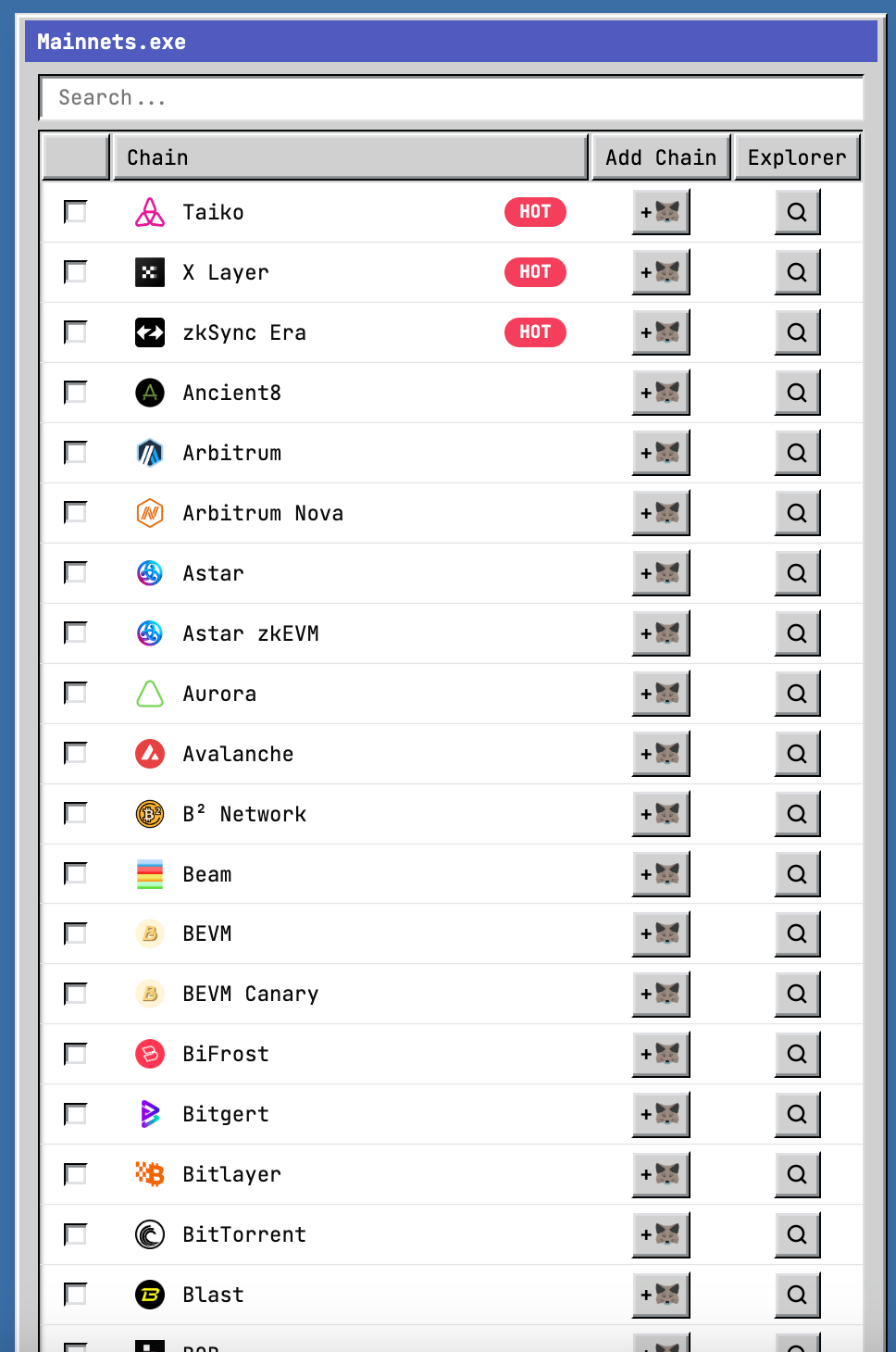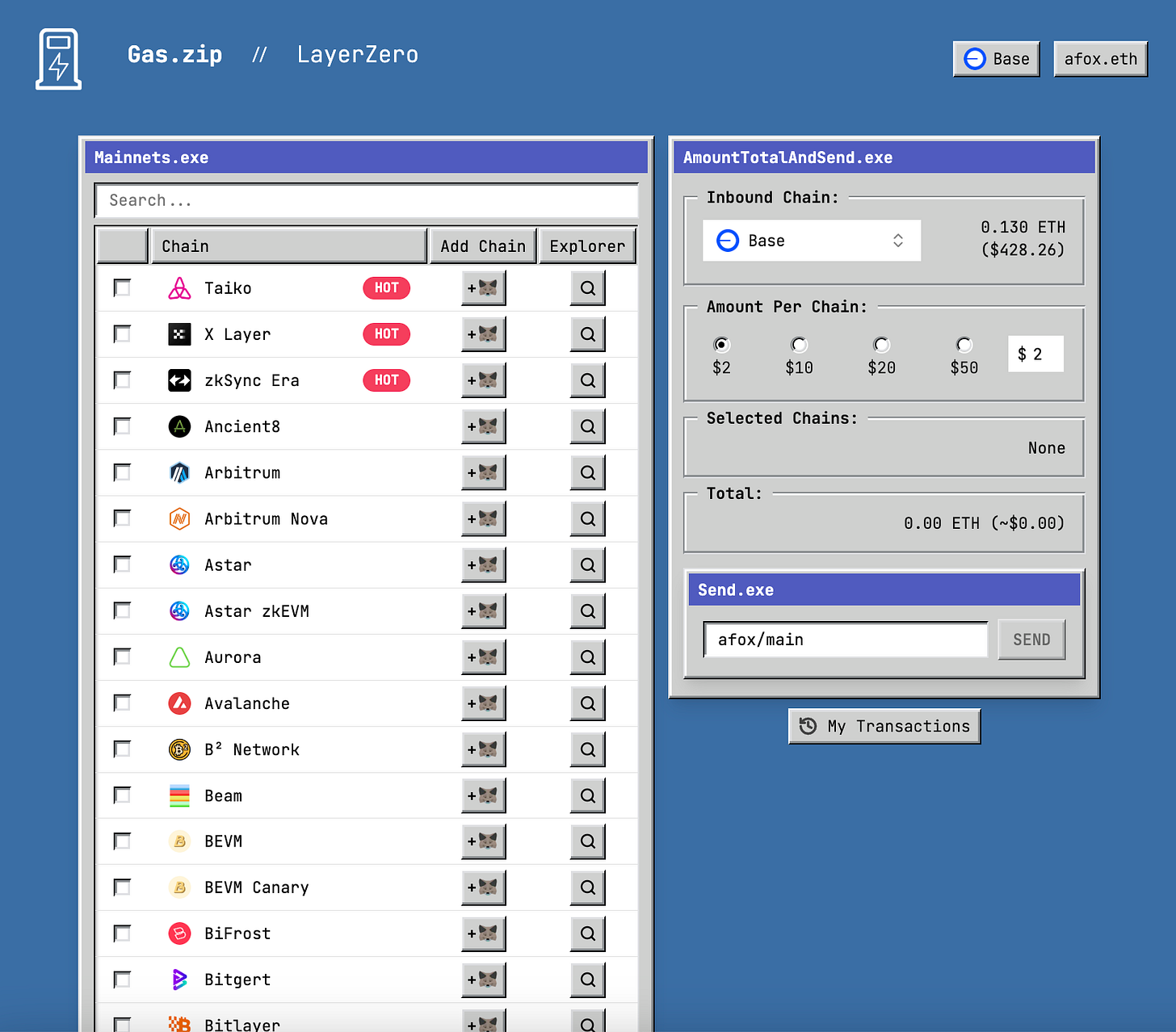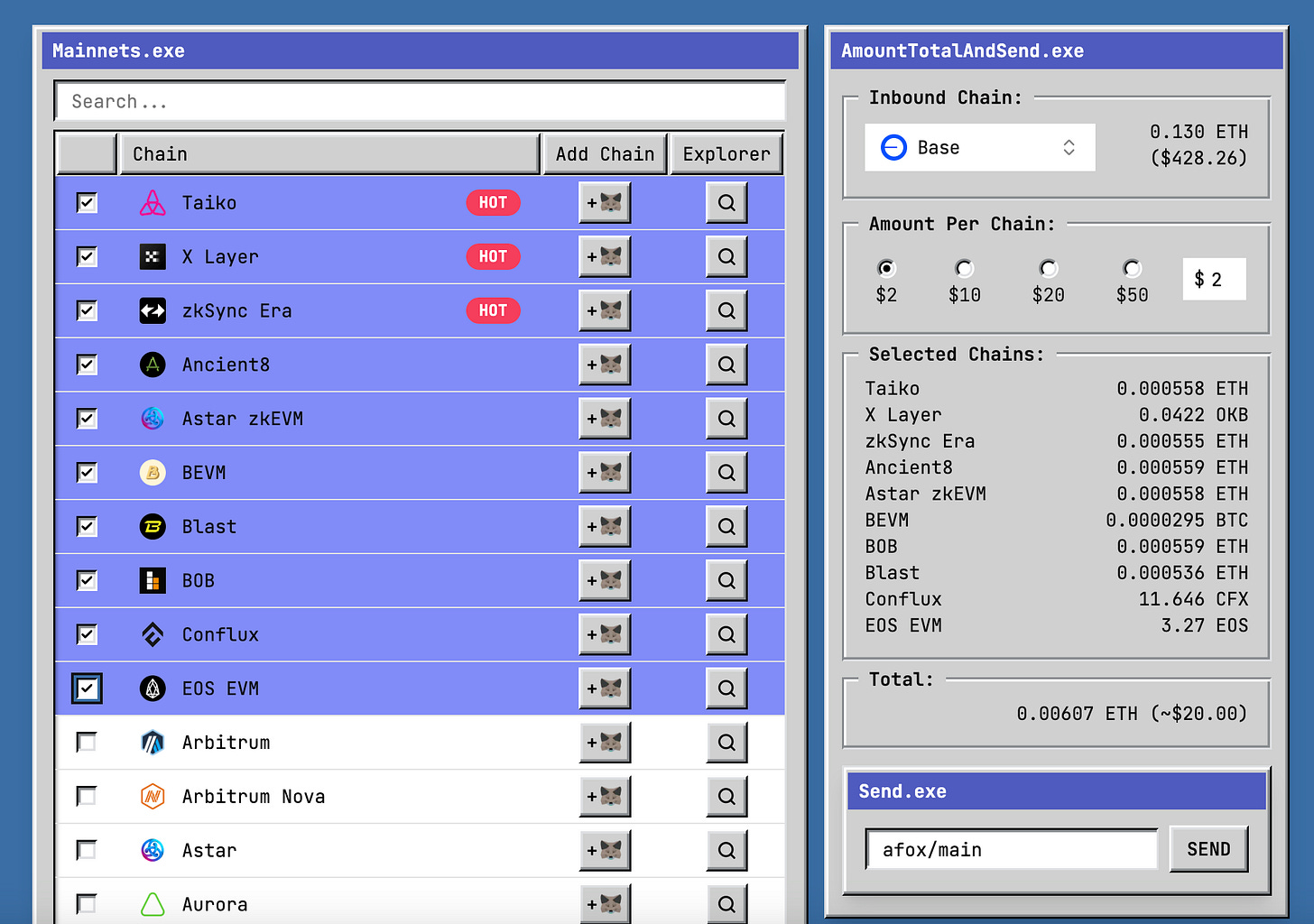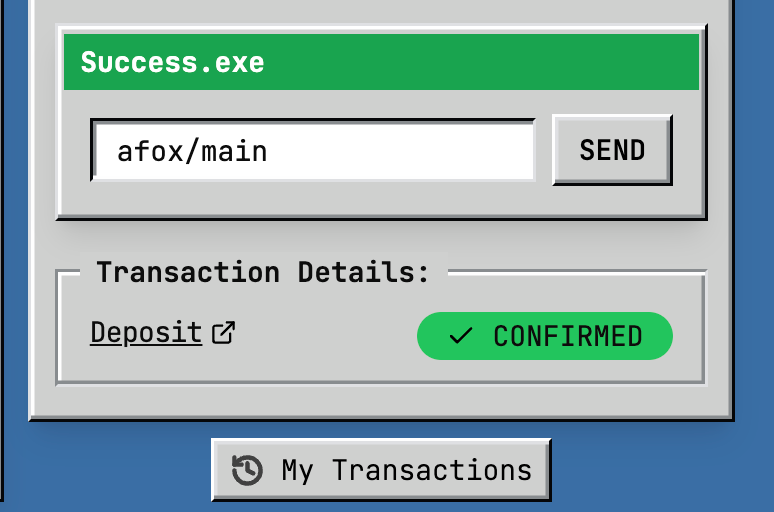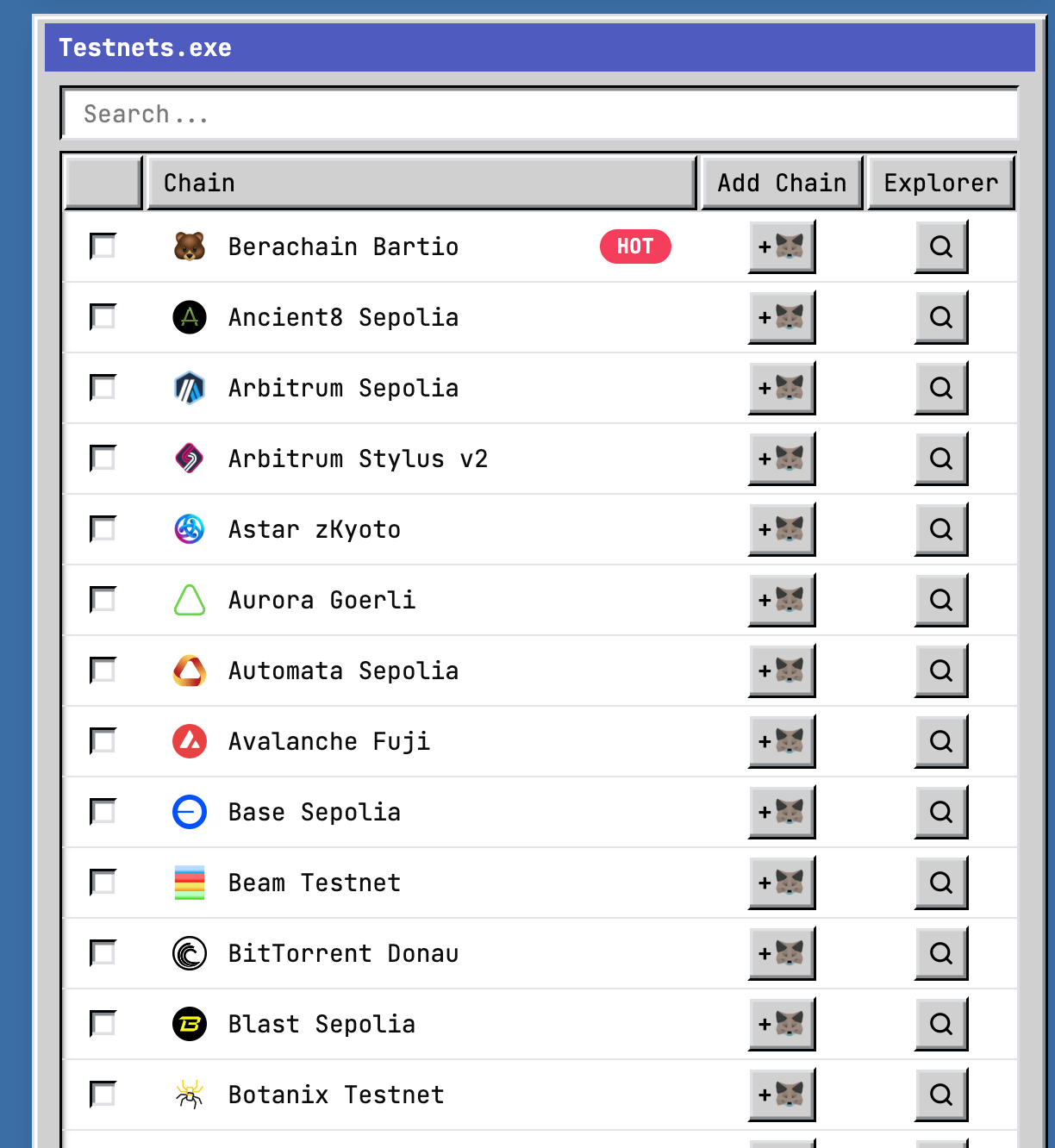Gas.zip
Send gas for free to any Ethereum L2
TLDR:
Gas.zip is perfect for people wanting to try out all the different Ethereum L2s out there. It currently supports 175+ different mainnets and testnets.
It is one of the most cost-effective bridges in the Ethereum ecosystem all wrapped up in an incredibly simple and easy to use interface.
Beware though that it can only handle up to $50 per transaction per destination chain and works only with the native token of each chain.
Navigating the world of L2s on Ethereum can be complex and costly when bridging over to each new chain you come across.
Gas.zip takes all the complexity and cost out of this, and so it’s become one of my favourite apps over the past few months. I’m such a fan that I tell everyone about it and thought it was about time I wrote a post on it.
Gas.zip
Ethereum Layer 2s are becoming a commodity, especially with the rise of L2 Rollups as a Service. Every day a new L2 pops up and it’s gotten very hard to keep track of them all.
Moreover bridging to L2s is often confusing and costly, especially when you only want to bridge a small amount of ETH just to give the chain and it’s dapps a go.
This is where gas.zip comes in!
Gas.zip has a huge and ever growing list of L2s, supporting 175+ chains already, that you can easily bridge to with zero bridging costs!
Gas.zip essentially acts as a single centralised bridging platform and subsidises the cost of bridging small amounts of ETH to every chain they support. So you can send as little as $2 in ETH with literally no additional costs!
Let’s take a look at how it works.
Usage
Gas.zip is super simple to use, they’ve even made the interface incredibly simplistic and user-friendly.
On opening up gas.zip and connecting your wallet in the top right you’ll be presented with a list of chains you can send ETH over to. Each chain has a button to add it to your Metamask, making it super easy to find almost any chain’s RPC you may be looking for, and you can also view their block explorer with the magnifying glass icon.
As shown above, on the left side you can see this ever growing list of destination L2s, while on the right side you can see a small box that shows where the input is coming from. Here I’ve selected Base due to its near minimal transaction costs, but as of today gas.zip supports 16 different input chains that you can scroll through to select from.
You can select all the destination chains you want up to a maximum of 32 chains per transaction. For each transaction you can also decide to send an amount between $2 to $50 from your input chain’s base currency to be converted to each chain’s base currency (for most chains that’s ETH but for a good few in the list it’s not).
In the above example I selected $2 in ETH for 10 chains and you can see on the right hand side that it cost me a total of $20 in ETH (ie. 0.006 ETH) to send from my Base ETH and receive in the native gas on each of the selected chains.
On selecting “SEND” you’ll be prompted to sign a simple transaction then you’ll get a success message. There are no additional hidden costs and you’ll see that within minutes all of your chains will be funded with the $2 you sent!
Gas.zip manages to be simple, fast, and cheap to use, a really deadly combo in Web3!
Considerations
There are limitations to this amazing dapp. Firstly, as it says in the name, gas.zip is intended for gas, so it doesn’t handle bridging large amounts of money, you can only do values between $2 to $50, if you want to do more than that then you’ll need to find a more specific bridge for the chain you’re looking to use.
You can set any custom amount though between $2 and $50, and send that amount per chain on up to 32 destination chains with a single outbound transaction.
Secondly, gas.zip can also only handle the native token of a chain. So for example if you have some AVAX on Base and want to send it to Avalanche, you’ll need to sell it to ETH on Base first (on a DEX like Uniswap) and then you can bridge over with gas.zip.
A third and final point is that for anyone who wants to fund a wallet on a specific testnet, then gas.zip may just be the best software available for you.
It’s often hard to find reliable faucets for certain testnets, and although testnet gas should be “free” you often find yourself just wanting to pay to skip ahead of the line and get a load of testnet gas immediately.
And gas.zip is literally perfect for this!
Gas.zip has 10s of testnets available and you can pay as little as $2 to request more testnet gas than you’ll ever need for a chain. I’ve personally used gas.zip a lot myself when getting testnet gas for new projects on different L2s!
All gassed up!
Gas.zip from the outside appears to be such a small and simple app, yet it’s actually an incredibly powerful and cost-effective bridge to hundreds of L2 chains!
Bridging can often be painful due to slow waiting times and high costs, or even just an inability to find a good bridge. Gas.zip literally solves all of these issues in one of the neatest apps you’ll find in Web3.
I’ve literally tried hundreds of dapps on tens of different chains because of gas.zip, which I probably wouldn’t have done so otherwise because of how prohibitively expensive traditional bridges can be.
As you can tell by now I’m a big fan of gas.zip. So if you ever need to just bridge a small amount of money quickly to a new chain I highly recommend giving gas.zip a go!

